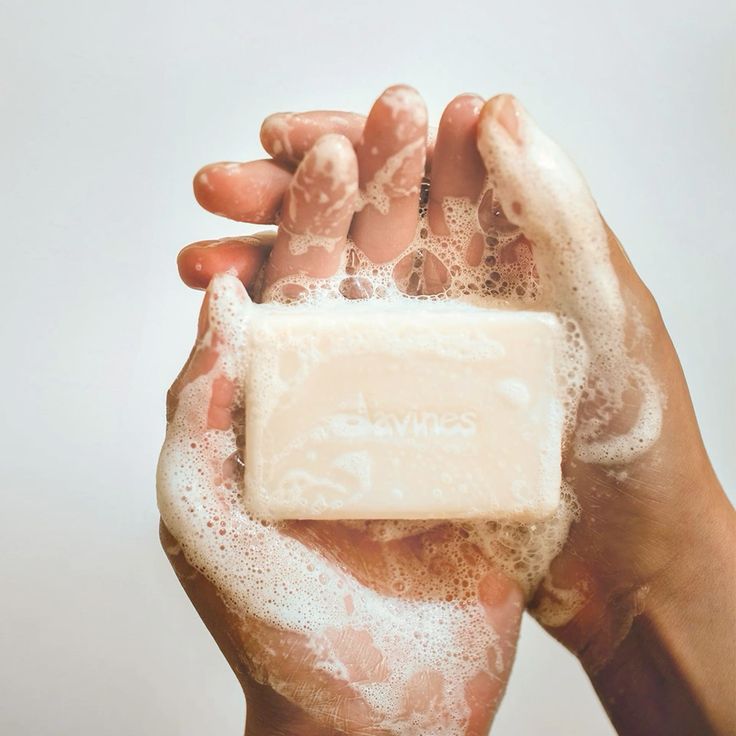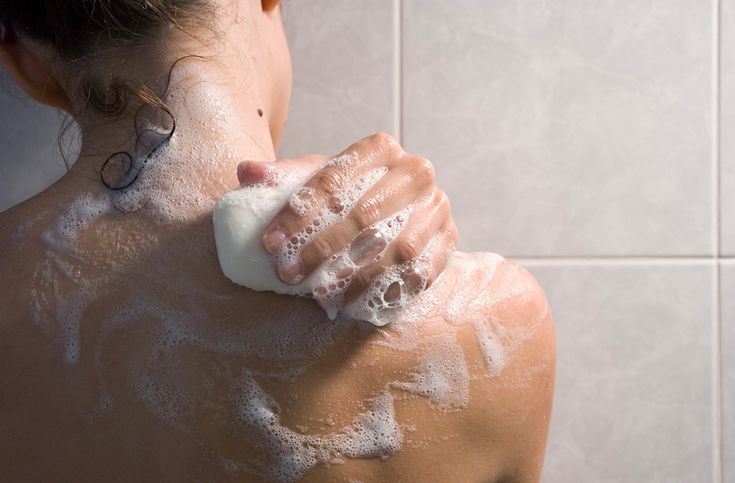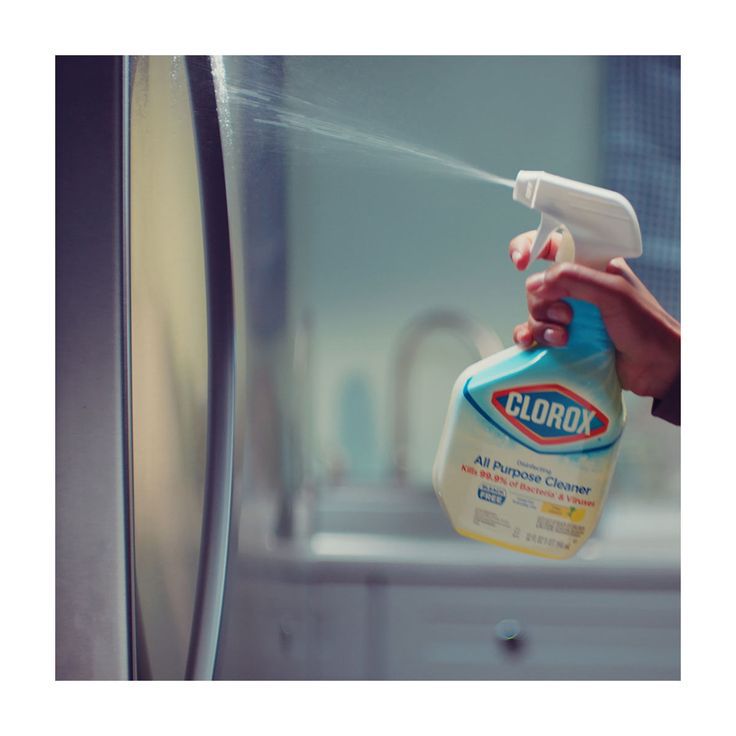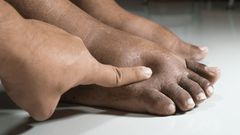Across Nigeria and much of West Africa, conversations around hygiene aren’t just about looking put-together—they’re deeply tied to staying healthy, confident, and productive, whether you’re braving the hustle and bustle of Lagos, navigating the markets in Accra, or living in a rural village. In a region where disease outbreaks like cholera, Lassa fever, or even common colds can sweep quickly through communities, fostering and maintaining good hygiene habits is not just an individual concern—it’s a communal one.
Below, we explore ten daily hygiene habits that every Nigerian (and African) can integrate into their lifestyle for stronger health, better well-being, and a more vibrant community. These tips come from healthcare professionals, local health agencies, and the practical experience of everyday people across the continent.
1. Wash Your Hands Regularly
In West Africa’s urban and rural environments, hands can come into contact with all sorts of germs—on public buses (danfos), at the bank, while shopping, or during gatherings. According to the Nigerian Centre for Disease Control (NCDC), regular handwashing is one of the most effective defences against disease transmission.
Recommended For You
Discover how SoftOrbits’ unique hybrid approach to AI photo editing empowers users with a choice between the absolute privacy of its desktop software and the immense power of its confidential cloud services.

Focus on moments where germs are likely to spread, such as after using the toilet (public or private), before cooking or eating, after handling notes or coins, after coming home from crowded areas, or after dealing with refuse. Using soap and running water for at least 20 seconds is key—alcohol-based sanitizers are a good backup when water isn’t available. This simple tradition protects households from common illnesses like diarrhoea, typhoid, flu, and others.
2. Brush and Floss Twice a Day
Oral hygiene is more than just a bright smile. Neglecting your teeth and gums can lead to mouth odour (widely called “halitosis”), tooth decay, and even systemic health issues. According to the Nigerian Dental Association, brushing at least twice daily—morning before food and at night before sleep—removes harmful plaque and food remnants.

Flossing is just as important, and yet less common in many Nigerian homes. Dental experts advise that flossing helps dislodge food stuck between teeth, places your toothbrush cannot reach. This can prevent painful gum diseases and costly dental visits. Locally available alternatives like toothpicks or chewing sticks (used properly) can help, but flossing is especially effective.
3. Take Regular Showers
Nigeria’s tropical climate—marked by heat and humidity—means sweat and dust are a daily reality, particularly for those commuting, working outdoors, or riding okadas. Daily showers help remove sweat, grime, and bacteria, keeping you comfortable and reducing body odour.

Use lukewarm (not hot) water and a mild soap—especially important during harmattan, when the skin is already prone to dryness. Those living in rural areas may need to consider water scarcity issues, but even a bucket bath goes a long way. Adjust frequency for your lifestyle: market traders or bus conductors may require more frequent showering than office workers.
4. Change Into Fresh Clothes
Sweating is inevitable in the Nigerian heat, making fresh clothing a daily priority. Clothes absorb sweat, body oils, and dust, which can attract bacteria, causing odour and sometimes rashes or skin irritations.

Make it a habit to wear freshly washed underwear, socks, and outfits daily. This is crucial for teenagers and adults alike who may spend hours in buses, at outdoor events, or in busy markets. According to Dr. Ifeoma Nwankwo, a Lagos-based dermatologist, “Wearing clean clothes boosts your self-esteem and reduces preventable infections.”
5. Trim and Clean Your Nails
Many infectious diseases are spread through finger-to-mouth contact. Nails—especially if kept long—can trap dirt, germs, and even parasites. Children, who often eat with their hands, are particularly at risk.

Aim to trim nails weekly and keep them clean. “Regular nail care is simple, but it could help save your child or yourself from infections like pinworm, fungal growth, and diarrhoeal diseases,” explains Dr. Kwame Adjei, a community health advocate based in Accra.
6. Keep Skin Hydrated & Protected
With the sun and dust of West Africa, skin deserves careful attention. Hydration is crucial: drinking enough water daily flushes toxins and keeps skin supple. Proper hydration can be a challenge in regions with limited clean water, so using each sip wisely is important.

Pair hydration with good skincare—cleanse to remove impurities, use shea butter or gentle moisturisers to prevent dryness, and apply sunscreen or protective clothing to guard against harsh UV rays. In places like Kano or Accra, locals may use indigenous products, but the goal remains: keep skin clean, hydrated, and shielded.
7. Practise Safe Food Hygiene
With street food, local “bukkas,” and bustling markets, food hygiene is a top concern. Contaminated food can transmit serious illnesses from typhoid to cholera—outbreaks are often linked to unhygienic food handling, experts say.

Always wash fruits and vegetables (especially those bought at open markets), cook meats to the proper temperature, and ensure your utensils and kitchen surfaces are clean. Food sellers should follow hygiene guidelines, but as a consumer, erring on the side of caution can keep you and your loved ones healthy.
8. Disinfect Touch Surfaces
Many forget that our beloved mobile phones, computer keyboards, and remote controls can harbour countless germs. With the rise of cashless transactions, even ATM machines and restaurant tables need regular cleaning.

Make it a routine to wipe down frequently touched items with disinfectant cloths or alcohol-based solutions. According to public health recommendations, this habit can cut the risk of picking up or spreading common viruses and bacteria, especially during peak seasons or pandemics.
9. Keep Your Home Clean
Environmental hygiene cannot be overstated. According to the World Health Organization, unclean homes and compounds help the spread of malaria, asthma, and infectious diseases. Regular cleaning—sweeping floors, dusting surfaces, washing bedding, and airing out rooms—keeps dirt, allergens, and disease vectors at bay.

Local authorities often run “environmental sanitation” days urging citizens to clean their surroundings, but consistency matters more than occasion. A clean environment is a safer and happier place for children and adults alike.
10. Wash Your Face Before Bed
Nigerians living in dusty cities like Abuja or Port Harcourt, or humid coastal towns like Badagry or Takoradi, report that facial dirt and sweat are part of daily life. Failing to wash your face each night can lead to pimples, clogged pores, and dull skin.

Choose a facial cleanser suitable for your skin type and be gentle—over-scrubbing can irritate the skin. Letting your skin breathe overnight helps it repair, recover, and glow naturally.
Adopting these hygiene habits isn’t about being perfect, but about steady effort. Whether you’re a Nigerian student, a busy trader in Ghana, or part of a bustling African household, every little step supports your long-term health and helps keep your community safer. Healthcare workers across the region agree: the cost of neglecting hygiene is often much higher than the daily effort it requires.
Are there unique hygiene practices you follow in your home or community? What changes would make it easier for you to stay healthy daily? Drop your thoughts in the comments—and don’t forget to share your own tips below!













